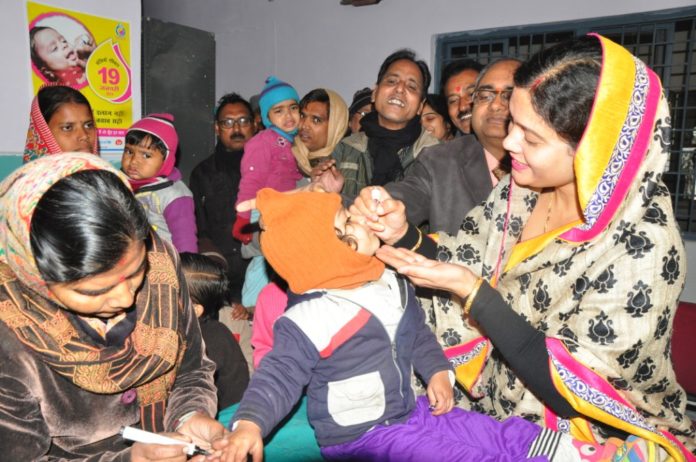Even as the government is working on estimates of Rs 10000-12000 cr for the ambitious National Health Protection Scheme, a paper has estimated that the cost of the scheme could be 10 times higher
National Institute of Public Finance and Policy (NIPFP) Assistant Professor Mita Choudhury said in the paper “The
National Health Protection Scheme in the Union Budget 2018: Is it in the Right Direction?” that resource requirements for implementing NHPS are likely to be very high. NIPFP is an economic think tank.
“Not only would such a scheme impose a heavy burden on both the Union and the states’ exchequers, it will also curtail states’ autonomy to design their own policies in a sector that is constitutionally mandated to be in their domain,” said the paper.
The economic analysis further said: “Assuming that 60 per cent of this burden would be borne by the Union Government and the rest passed on to the States, the Union Government would still need to fork out an additional Rs 60 thousand cr annually.”
It added that even if one assumes a “conservative 2 per cent rate of premium on the insured sum, the scheme would cost about Rs 100 thousand crores annually”.
The last full Budget of the NDA government includes the proposal for an ambitious National Health Protection Scheme (NHPS) for over 10 crore “poor and vulnerable” families — an estimated 50 crore individual beneficiaries — with coverage of up to Rs 5 lakh per family per year. In his Budget speech, Union Finance Minister Arun Jaitley described the scheme as “the world’s largest government-funded healthcare programme”.
The economic analysis further said: “Assuming that 60 per cent of this burden would be borne by the Union Government and the rest passed on to the States, the Union Government would still need to fork out an additional Rs 60 thousand crores annually.”
To put this in perspective, the paper pointed out, the combined allocation for the Ministry of Health and Family Welfare and Ministry of AYUSH is only around Rs 55,000 crore. Even if the entire Rs 11,000 crore generated through 1 per cent additional cess imposed for education and health is directed to the scheme, “the shortfall will be substantial,” it said.
Niti Aayog member and architect of the scheme Vinod Kumar Paul has said that the additional 1 per cent health and education cess would be sufficient to meet cost of the scheme. The paper also said that evidence around the world has shown that such insurance-based health care provision, is an expensive model of financing health care for the government.
In the Union Budget 2018-19, Finance Minister Arun Jaitley has provided an initial corpus of Rs 2,000 crore for the NHPS that aims to provide medical cover of Rs 5 lakh to over 10 crore poor and vulnerable families, constituting 40 per cent of population.


